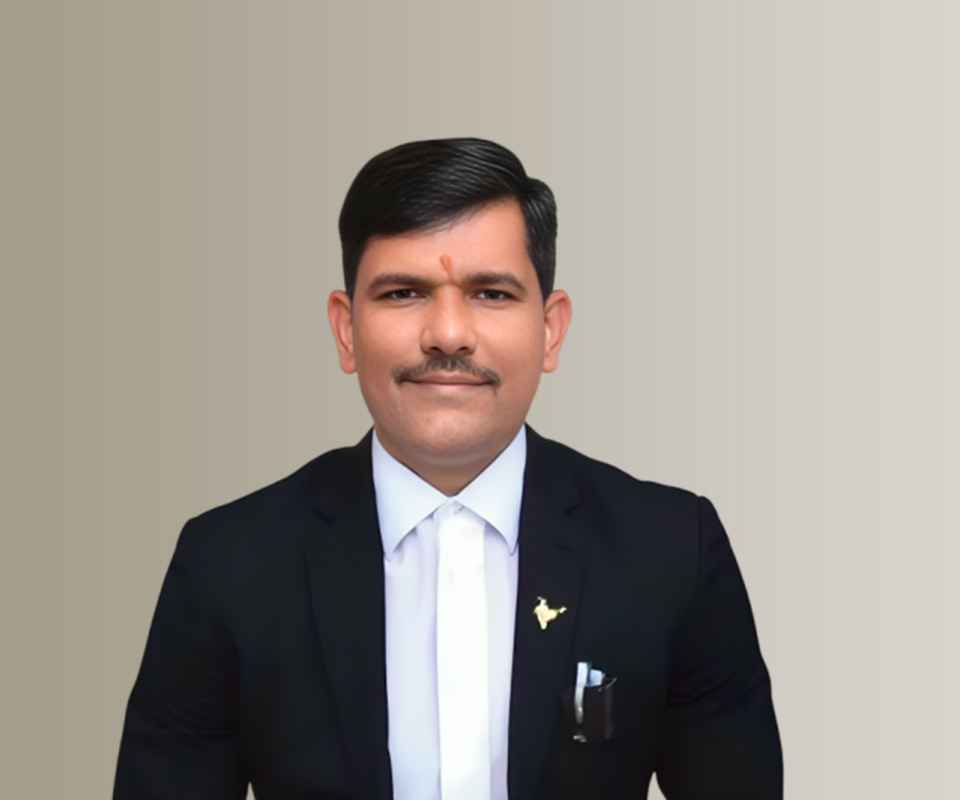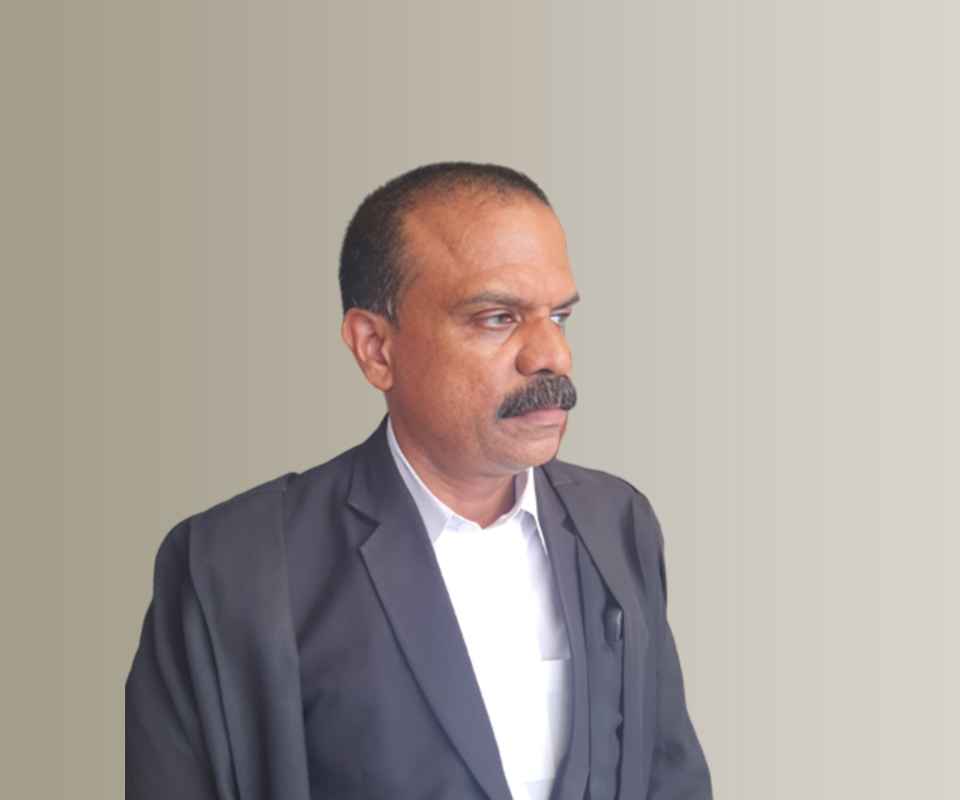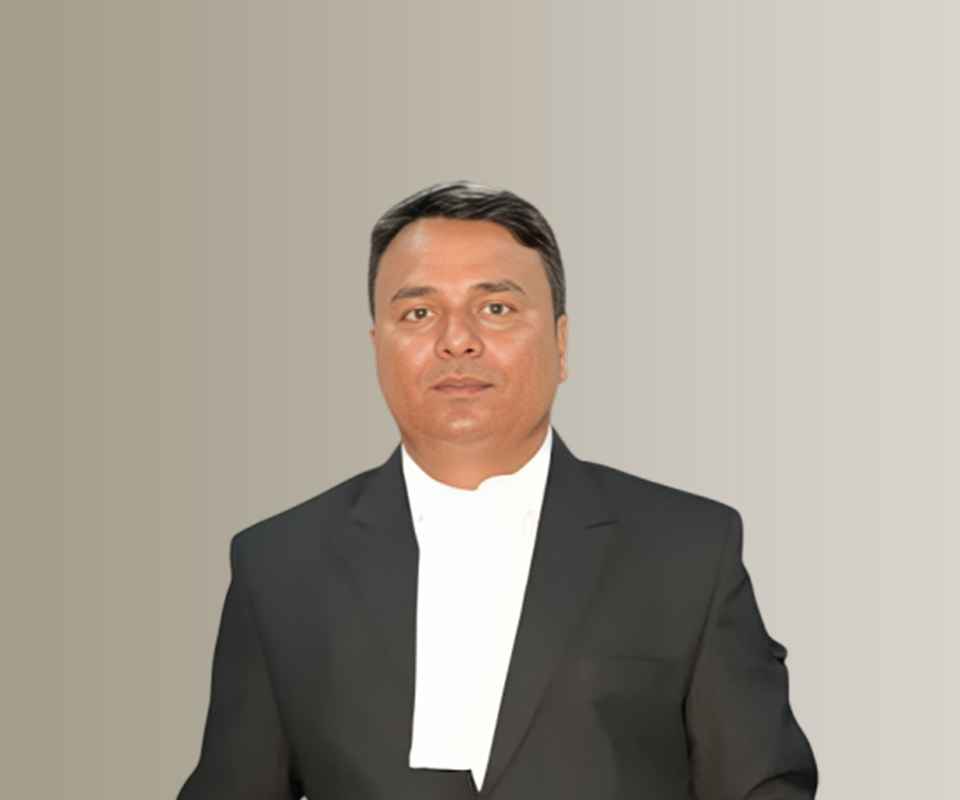Answer By law4u team
Elder abuse—whether physical, emotional, financial, or neglect—is a growing concern in India. Many senior citizens are unable to seek justice on their own due to physical, emotional, or financial constraints. Recognizing this, the law allows the involvement of NGOs to assist and, in some cases, represent senior citizens in abuse cases before Maintenance Tribunals or other legal authorities.
Can NGOs Act As Representatives In Elder Abuse Cases?
Yes, They Can Legally Represent: Under Rule 22(1) of the Maintenance and Welfare of Parents and Senior Citizens Rules, 2009, senior citizens can be represented by any authorized person or organization, including NGOs, in proceedings before the Maintenance Tribunal. This provision exists to empower those who may be too vulnerable or incapable of representing themselves.
Role in Legal Proceedings
NGOs can:
- File applications and complaints on behalf of the senior citizen.
- Represent them in hearings before the Tribunal.
- Coordinate with legal aid services to ensure proper representation.
- Assist in gathering evidence and documentation needed for the case.
Recognized Representatives
An NGO must either be authorized by the senior citizen or recognized by the Tribunal as acting in their best interest. In some states, senior citizens can also approach District Social Welfare Officers or State Legal Services Authorities, who may collaborate with NGOs.
Protection and Rehabilitation Support
Beyond legal representation, NGOs also:
- Provide emotional counseling and psychological support to abuse victims.
- Help arrange temporary shelter or relocation in serious abuse cases.
- Offer medical assistance and coordinate with elder care homes or hospitals.
- Act as watchdog entities to ensure laws meant for senior citizens are implemented effectively.
Collaboration with Government Bodies
NGOs often work in tandem with:
- District Magistrates, Police, and State Departments of Social Welfare.
- Helplines for senior citizens, such as the Elder Line (14567).
- Legal aid clinics under the National Legal Services Authority (NALSA).
Awareness and Advocacy
NGOs conduct awareness programs on elder rights, help seniors understand their legal entitlements, and advocate for stronger protective policies.
Example
An 80-year-old widow living in Delhi faces verbal and physical abuse from her grandson, who is also trying to take over her property. She is scared to approach the authorities alone. An NGO working in the field of elder care steps in, files a complaint on her behalf at the Maintenance Tribunal, collects medical and legal evidence, and supports her emotionally through the process. As a result, the Tribunal issues protection and maintenance orders for the widow and directs the grandson to vacate her property.







